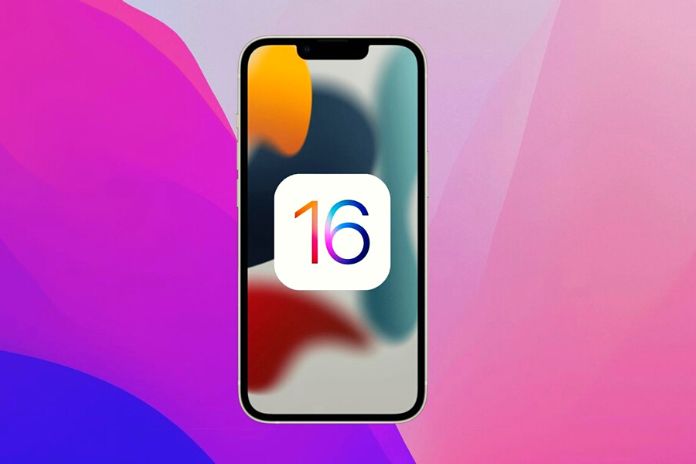Does iOS 16 Slow Down Old iPhones?
Before the update, for owners of older iPhones, the question arises again and again whether the new iOS is not too expensive for the device. When developing the new systems, Apple primarily has the latest devices in mind. This is also understandable if you want to exploit the new hardware’s possibilities fully. For owners of older devices, the question then arises as to whether the current operating system does not overwhelm their own iPhone and possibly slow it down in use.
This is very rarely the case with Apple, but we want to check the performance of iOS 16 compared to iOS 15.6.1. In the test, we have an iPhone X with the A11 chip, an iPhone 11 Pro with the A13, and an iPhone 13 Mini with the A15. The iPhone X is the oldest device compatible with iOS 16, making it a perfect candidate for the comparison test.
Safari Speed
We’ll start with the browser performance benchmarks run in Safari. Finally, the mobile browser is one of the most used apps on the iPhone because non-browser apps also have their web display based on the same browser engine as Safari. Jetstream Browser Test measures how fast a browser can execute webpage code. The higher bars are better when measuring. Higher bars are better.
We see a consistent picture in the two browser tests: The newer the iPhone or the processor inside, the faster the websites render on this iPhone. iOS 16 does not slow anything down but makes the websites faster. Older iPhones such as the X and 11 Pro are more likely to benefit from the update, with the differences amounting to almost twenty percent more speed than iOS 15.6.1. According to Basemark 3.0, the iPhone 13 Mini benefits the most from the update, with the device’s processing times reduced by 13 percent.
CPU And Neural Engine
Geekbench and Geekbench ML should measure the same values for the same processors with every system update; after all, the tool can measure the performance of processor cores and compare them with other devices. But the operating system also influences the results of Geekbench; after all, Apple also changes the kernel – a layer between the actual software and the hardware. Higher bars are better for any graph. The picture in the Geekbench measurements is not as straightforward as in the Safari tests.
The iPhone X benefits from the update, the readings for iOS 16 are always slightly above those of iOS 15.6.1. The iPhone 13 has also benefited from the update; ios 16 makes the device 15 percent faster on average, at least according to Geekbench. With the iPhone 11 Pro, the single-core values are on par; with multi-core values, iOS 16 performs worse or slower than iOS 15.6.1. A side note on the iPhone X readings at Geekbench ML: The device is unsuitable for this benchmark because it lacks the neural engine, the co-processor for machine learning. This is precisely why the values differ from its iPhone 11 Pro and iPhone 13 Mini successors.
Graphic
We also compare the graphics performance of the three iPhones under iOS 15.6.1 and iOS 16. After all, games are an essential part of the App Store. For this, we run a common test app, “3D Mark WildLife,” on all devices; it simulates high-quality games under iOS and calculates how well the device can run these demanding programs. Amazingly enough, only the iPhone X benefits from the update. The values remain the same with the iPhone 11 Pro and the iPhone 13 Mini or even deteriorate slightly. However, it has to be said here that the iPhone X shows its age in this test. The graphics ran smoothly in none of the tests, neither under iOS 15.6.1 nor under iOS 16; the image jerked noticeably.
Conclusion
That Apple makes old devices slower with every software update is a fairy tale only well told. Even older devices are not slowed down by iOS 16 but tend to be faster.
Also Read: Samsung Galaxy S22: All Information At A Glance
Share this content:











Post Comment